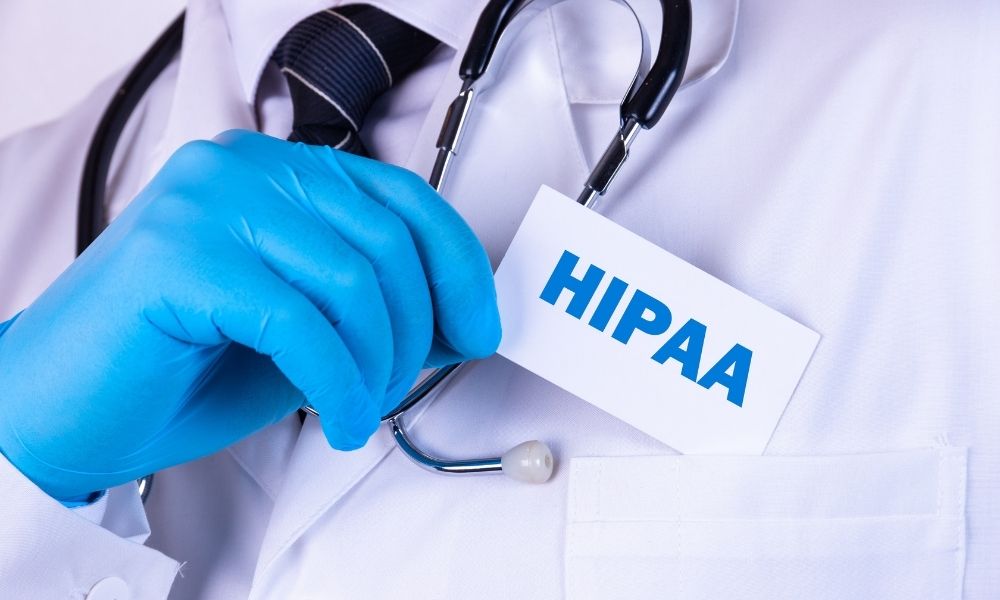HIPAA compliance is a must for any healthcare facility. The federal law provides patients greater control over their privacy and assists keep their data safe. As technology advances in rapid speed, it’s crucial to ensure that the new system you choose to use is compliant with the guidelines set out by HIPAA.

HIPAA compliance is a complicated process particularly for companies that are still trying to grasp the concept of HIPAA is and how it impacts the business. Health care organizations and those that are part of the health insurance industry must ensure that they meet the standards of HIPAA, even if they don’t fully understand it. It is essential to carefully review the rules and ensure that all procedures are in place to remain compliant. It’s sometimes difficult to comply with the law but it’s vital. It will ensure better service and protection of privacy of data, and penalties can be being avoided. Knowing the HIPAA regulations and taking the appropriate steps can assist companies to ensure they’re following the guidelines required by law.
Although HIPAA’s regulations might appear restrictive, the emphasis placed on security and privacy is designed to safeguard information. To ensure that there is no inappropriate or unlawful disclosure of patient’s private information more protections are required as the healthcare industry has moved to electronic formats such as Electronic Medical Records (EMR). Although guidelines have been established however, it is essential to ensure that people adhere to these regulations. Because of this, HIPAA continues to be vigilant about these issues in order to enhance the security and privacy.
HIPAA is an important security feature for people working in the medical industry and patients whose personal information are stored. It grants covered entities, as well as business associates (BAs) the flexibility to decide whether they should utilize an addressable execution specification. The decision is based on several factors like a risk analysis mitigation strategy, existing security measures, as well as the cost of implementation. CEs and BAs are able to examine alternatives or opt out of the specific step in the event that they think it’s suitable for their particular situation. HIPAA urges them to take well-informed decisions on data protection and security, and ensuring the right balance between technical safeguards and user control over sensitive information.
HIPAA compliance can bring significant benefits for many businesses. Conforming to regulations under the Health Insurance Portability and Accountability Act, (HIPAA), can assist organizations in protecting their clients’, patients and customers’ health information. It ensures that the information remains secure and private. Compliance ensures that patients’ medical data is used only to their benefit as well as those of their healthcare providers. HIPAA compliance allows individuals to make informed decisions about how their personal health data is used and managed and provides them with assurance that other organizations aren’t allowed to gain access to or alter it without permission. HIPAA compliance reduces the reputational risk for organizations by ensuring that they do not suffer penalties when they misuse patient information. HIPAA compliance is a way to ensure that patients enjoy a positive experience and more secure their medical records that are sensitive.
In the end, these are only a handful of things you need to consider in the context of HIPAA compliance. It is essential to know the law to ensure that you are able to comply with it. Also, you should consult an expert who can help you interpret the law and establish the procedures and systems. Although it might seem daunting to enforce compliance, it’s vital for the protection of the rights of your patient as in ensuring the confidentiality of your patients.
For more information, click hipaa requirements include